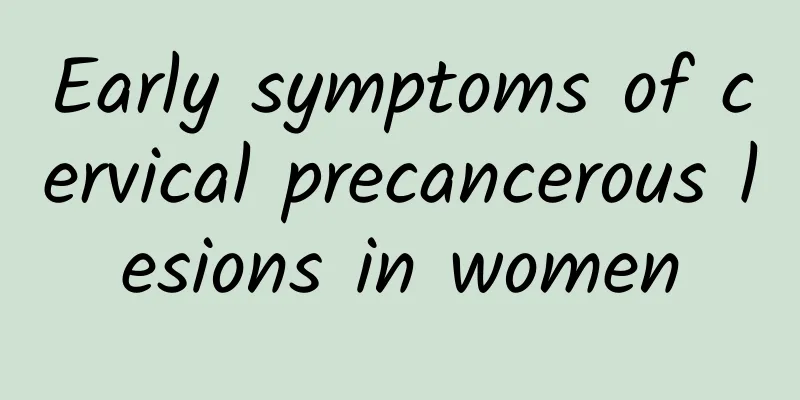How to avoid infection after medical abortion

|
Since most patients who have medical abortion do not need to undergo uterine curettage, the chance of pelvic infection is less than that of patients who have artificial abortion. But it does not mean that uterine infection will not occur after medical abortion. If the patient does not pay attention to life after medical abortion and does not pay attention to the precautions after medical abortion, it is also possible to suffer from pelvic inflammation. How to avoid infection after medication, what are the general precautions? Sexual intercourse is prohibited. Some people bleed for a long time after medical abortion, some people bleed for a short time, and some people bleed sometimes and sometimes not. In either case, sexual intercourse is prohibited before menstruation. Because the cervix is in a relaxed state during medical abortion, the effect of preventing bacteria from entering the uterine cavity is weakened. During sexual intercourse, bacteria hidden in the male foreskin and bacteria in the female vulva, vagina, and cervix can take the opportunity to ascend and infect the uterine cavity; at the same time, the blood sinus is open after the embryonic tissue is peeled off, which is easy to be infected by bacteria. Do not wash the basin, do vaginal douching, or swim within one month after medical abortion. The sanitary napkins and toilet paper used must be qualified products; sanitary napkins should be changed frequently; underwear made of chemical fiber fabrics should not be worn; underwear should be changed and washed daily. If vaginal bleeding lasts for more than 7 days, antibiotics should be taken under the guidance of a doctor to prevent infection. If bleeding continues for more than two weeks, the cause should be investigated and a curettage should be performed if necessary. Anyone who undergoes uterine curettage due to failed medical abortion, incomplete abortion, or heavy bleeding must take antibiotics after the operation. After medical abortion, you should also pay attention to rest and avoid fatigue. You can take blood-activating and blood-stasis-removing drugs such as motherwort paste to promote uterine contraction, expel embryonic tissue, reduce vaginal bleeding, and shorten bleeding time. Pay attention to dietary supplements. Eat more high-quality protein to strengthen your body, but don't eat too much greasy food to prevent it from irritating your stomach. |
<<: What women are not suitable for medical abortion?
>>: What should women do if they have itching down there?
Recommend
What are the symptoms of cervical hypertrophy?
Cervical hypertrophy is a gynecological disease t...
What are the symptoms of women's menopause "just beginning" and "about to end"? It is recommended to learn about it early
Ms. Li is a 48-year-old executive of a company wi...
Pelvic inflammatory disease is one of the factors causing irregular menstruation
The triggering factors of irregular menstruation ...
What are the symptoms of pelvic effusion?
Pelvic effusion is the presence of inflammatory e...
What are the symptoms of ovarian chocolate cyst?
What are the symptoms of ovarian chocolate cysts?...
What causes intrauterine adhesions?
The cause of intrauterine adhesions is still uncl...
The difference between adenomyosis and breast cancer
What is the difference between adenomyosis and br...
The cheapest hospital for treating endometrial thickening
The cheapest hospital for treating endometrial th...
Several very effective preventive measures for ovarian cysts
In order to reduce the incidence of ovarian cysts...
Regardless of the type of cervical erosion, it needs timely treatment
As a common gynecological inflammation, mild cerv...
Do you know what the symptoms of uterine fibroids are?
What are the symptoms of uterine fibroids? I beli...
How to treat mild uterine fibroids
Uterine fibroids are one of the most common benig...
Introduction to several commonly used diagnostic methods for ectopic pregnancy
Ectopic pregnancy means that the fertilized egg d...
What are the symptoms of acute and chronic adnexitis?
The symptoms of adnexitis are common symptoms of ...
Is malignant ovarian cyst serious? What are the symptoms?
Are malignant ovarian cysts serious? What are the...









